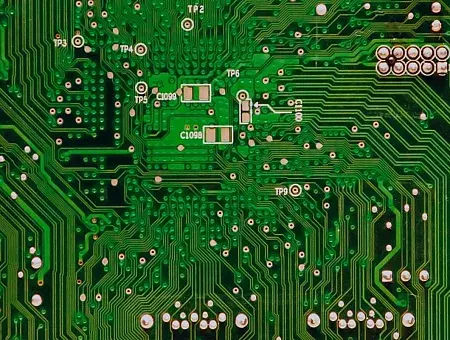
Have you ever approached a developer, or someone just like you who is interested in creating a website, regarding the type of CMS to be used? If yes, I’m pretty sure that most of them would have talked to you about the ‘Big Three’. In the CMS world, even though there are thousands of options to choose from, most of the people consider the Big Three : WordPress, Joomla or Drupal.
The most fascinating fact about the Big Three is that, compared to the others, these three are by far more similar than being different. With the developers from all three CMS's having had several years of learning from each other, the competition is more beneficiary, as the developers keep adding more features so that they are not left behind.
Still, there are a few differences which set these CMS's apart. Let us have a look at a CMS comparison, to highlight the pros and cons of each.
WordPress
No, WordPress is not “only for blogs”! A common perception among the CMS users is that the WordPress web design is suited only for blogs. True that WordPress is the best option for blogging and other kinds of content, but what you need to know is that, it can also handle multiple authors, specialized content types and almost everything you expects from a CMS. Known for being easy to learn and use, WordPress has a straightforward user interface for all your CMS needs.
But if you plan on some heavy customization for your site, WordPress might not be the best choice. Most of the WordPress developers may disagree upon this, and with more than 15,000 WordPress plugins, they might even be right. But the problem lies in the core WordPress program, as it needs to be updated frequently. And these frequent updates can often be bad for your plugins, because the frequent updates tend to break the plugins, thus affecting the site and its performance.
Joomla
Is your website going to be full of articles, and no extra features to be added? Joomla is the CMS for you. With a powerful, yet user-friendly admin interface, the Joomla web design is the best option for managing huge amount of articles. Another interesting thing about Joomla is its little programs called extensions, which add the extra features to your site. Delimited by the module components and the plugins, it provides additional security and stability to handle various add-ons in your site.
On the not-so-bright side, Joomla is right in the middle of the scale. While Wordpress is all about being user friendly and easy for the basic tasks type, Drupal belongs completely to the "loved by the Drupal developers and unbelievably customizable" type. Joomla on the other hand is neither as easy as WordPress, nor as developer friendly as Drupal. Thus, though the Joomla community offers thousands of modules, they are just hard to find and even harder to maintain! On top of that, the complex file structure of a Joomla web design makes it really hard to edit the codes, thus lacking the ability to provide a trouble-free experience.
Drupal
It is actually very hard to find a thing that Drupal can't do as a CMS. Seriously. It can almost do anything. From advanced admin functionalities, to high flexibility, Drupal web design makes it feel “just right” for a developer creating a website. Add to this the numerous modules present in Drupal which play a major role in getting the new features as per the requirements. These modules, which are available for free to use, are actually maintained by the professional developers for the bigger clients. Interesting, right?
On the other hand, for all the ‘non developers’ out there, Drupal has a reputation of being difficult. With a steep learning curve, Drupal might get a little complicated when compared to the others. However, the recently released Drupal 8 and Drupal 7 have brought in a huge amount of improvements that make it easier to use Drupal. Still, it is not as easy as WordPress.
If you sit down and start looking for factors, you can come with a hundred more of them, because each one of these CMS's has its own strengths and weaknesses. In order to decide on which one is the best out of the three, a CMS comparison is just not enough. And even if you do a thorough comparison, it still remains a question, more dependent on preferences and needs, rather than the factors which separate them. But if we talk about growth, Drupal, which started as a simple message board in 2001, has grow significantly when compared to the other two. The number of companies providing Drupal Development Services today, is a mere reflection of its growth in the market.



